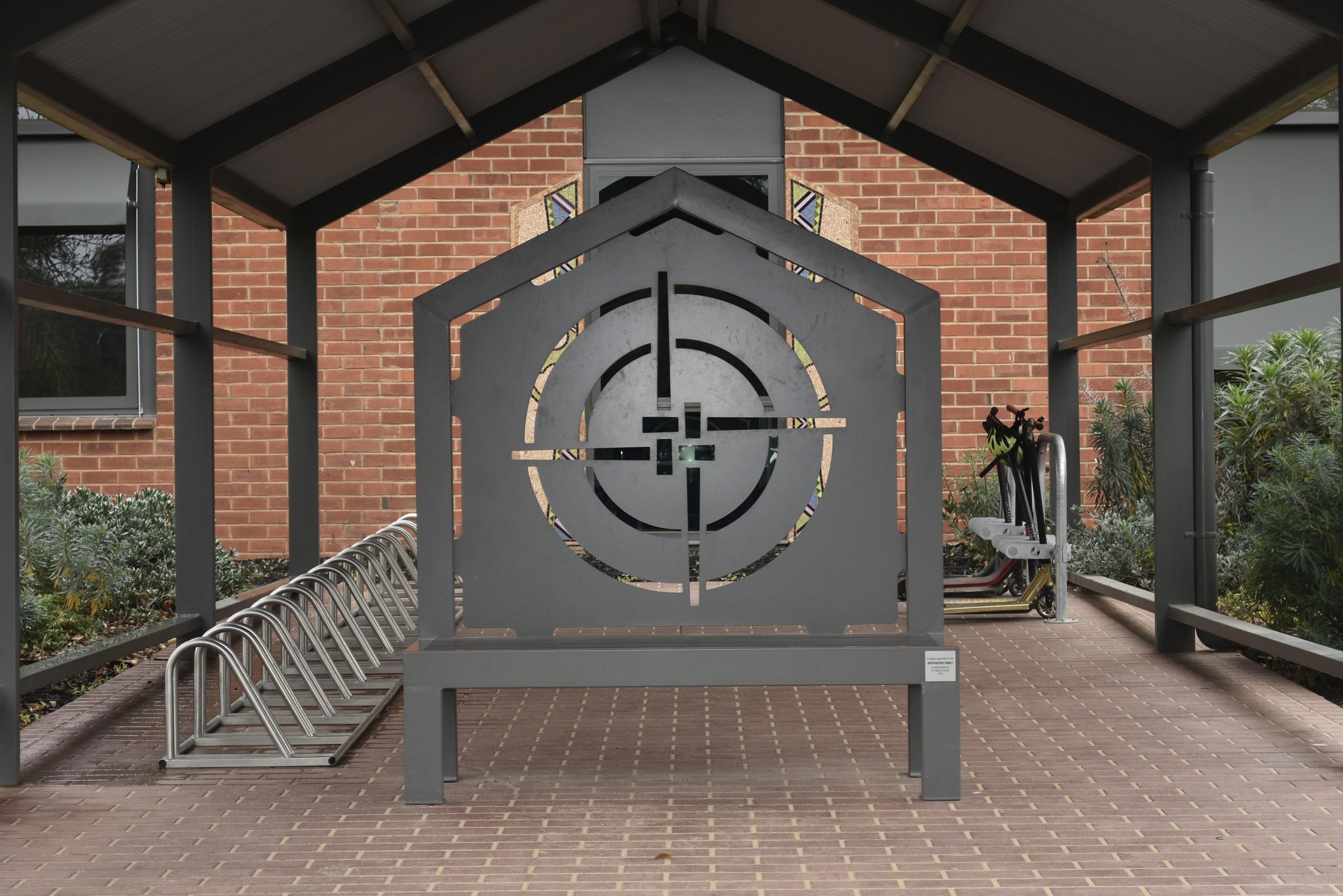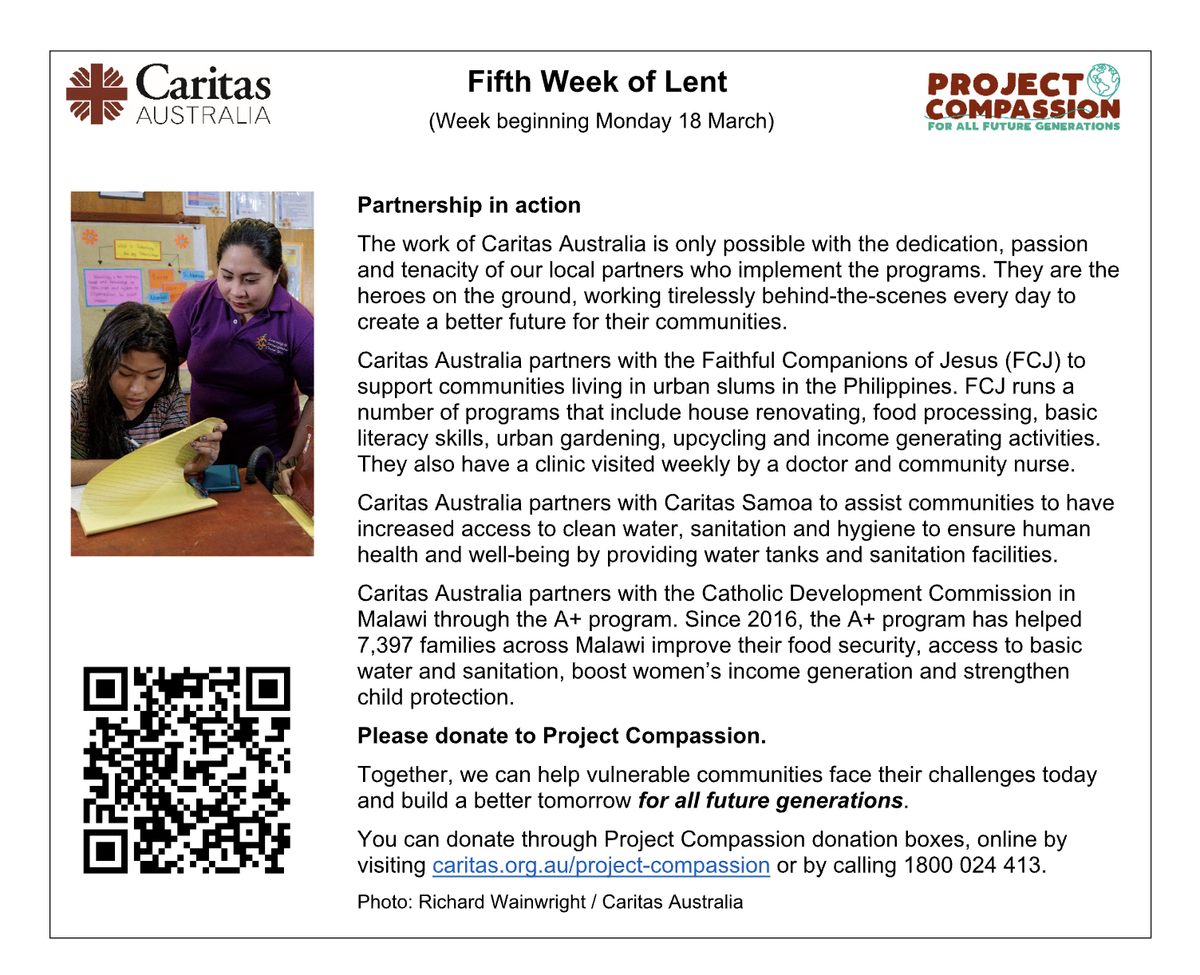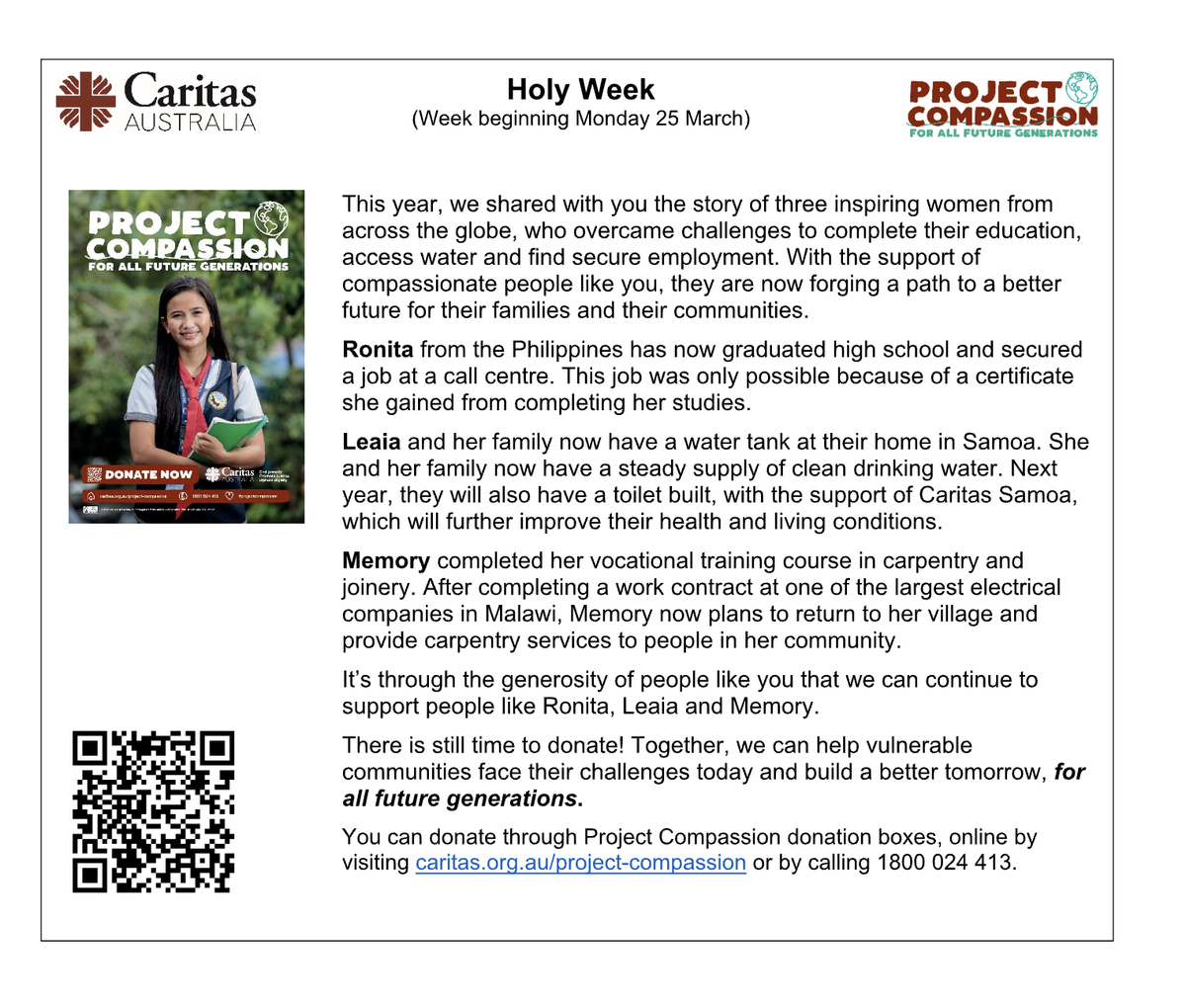Catholic Identity
Leader: Katie Rasmussen

Catholic Identity
Leader: Katie Rasmussen


On Christmas, we celebrate the Incarnation—God becoming human – with Jesus’s birth. During Lent, we recall the cross—Jesus’s crucifixion and death.
At Easter, we rejoice in the empty tomb—Jesus’s resurrection. Easter is the day Jesus rose from the dead after being crucified.
The empty tomb means that Jesus’s words rang true. He fulfilled the promises of Scripture and conquered sin and death.
Had Jesus not risen from the dead, the world would have seen Him as just a prophet or teacher instead of who he is: the Son of God, the Messiah.
Jesus overcoming death is the reason we know His name today. It’s the foundation of all Christianity. With His death and resurrection, Jesus opened heaven to all of us. Because of Easter, we know that no matter what sufferings we experience or what sins we struggle with, God is always with us.
Easter is everything.
And its significance is clear from the start in the Bible.
Taken from: https://hallow.com/easter/


Last Friday, our St. Patrick's students undertook an act of solidarity and compassion. Moved by Leaia's story from Caritas Australia, they gained insight into the challenges faced by those who must trek long distances for water.
With this newfound awareness, our students took action. Working together in class teams on the oval, they tirelessly moved buckets of water for 15 minutes. Collectively, our school covered an impressive distance of 25.4km. However, the realisation that only approximately 15 buckets were filled emphasised the urgent need for support.
In response, our Catholic Identity leaders have initiated a fundraiser. They are selling paper drops of water for $5 each, inviting students to write their names and decorate them. These drops will be displayed in our foyer, symbolising our commitment to supporting communities in gaining access to clean water.
Through this initiative, we aim to raise funds for Caritas Australia to aid in the installation of water tanks and pipes, alleviating the burden on those who must journey for miles for fresh water. Together, let's ensure that every drop counts in creating a world where clean water flows freely for all future generations.














Catholic Social Teaching (CST) is rooted in Scripture, formed by the wisdom of Church leaders, and influenced by grassroots movements. It is our moral compass, guiding us on how to live out our faith in the world.
The CST principles which inspire our work are:
Our faith calls us to love God and to love our neighbours in every situation, especially our sisters and brothers living in poverty. Following in the footsteps of Christ, we hope to make present in our unjust and broken world, the justice, love and peace of God.

